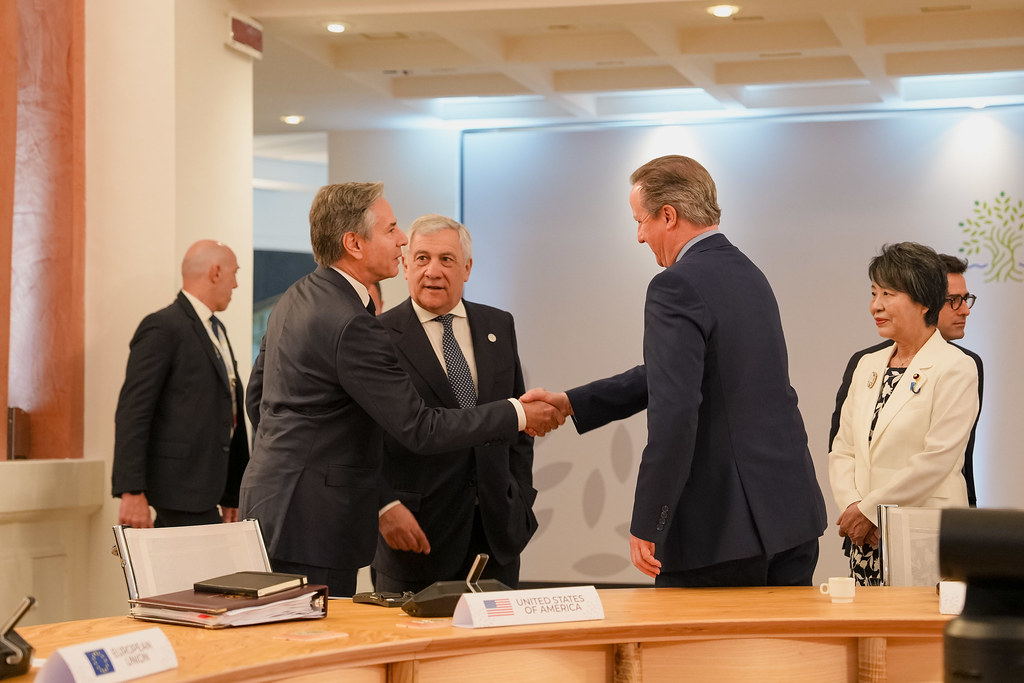
Another year, another G7 Leaders’ summit. The confab between the world’s wealthiest democracies has long since become one of those boring events etched into the global diplomatic landscape, a more intimate and picturesque version of the UN General Assembly meetings held every September. Speeches are given. Private dinners are arranged. Handshakes and hugs proliferate. And group photos are taken, where the well-dressed leaders smile as if they’re at a family reunion.
But this year’s session, which begins today, will entail a significant amount of weighty business. It comes at a particularly fraught moment for Europe’s centrist politicians, who were dealt an embarrassing blow by far-right political parties during the European Union elections this weekend. Sure, the centre continues to hold most of the power in the European Parliament and European Commission President Ursula von der Leyen has a better than even chance at getting another five-year term. But the results undoubtedly caused tremors on both sides of the Atlantic. The centre of the political earthquake was in France, where French President Emmanuel Macron’s Renew Europe party was trounced so badly by Marine Le Pen’s National Rally that he dissolved the French Assembly and scheduled new elections for later this month.
The G7 also occurs as the $61 billion (£42 billion) US military assistance package for Ukraine is starting to stream in—not a moment too soon in the eyes of Ukrainian officials. Last month, the Russians opened a new front in northeastern Kharkiv to stretch the Ukrainian army’s defensive lines and force Kyiv to shift resources from the Donbas. In essence, Putin is betting that Russian mass will be able to exhaust Ukrainian resistance.
Events on Grand strategy



